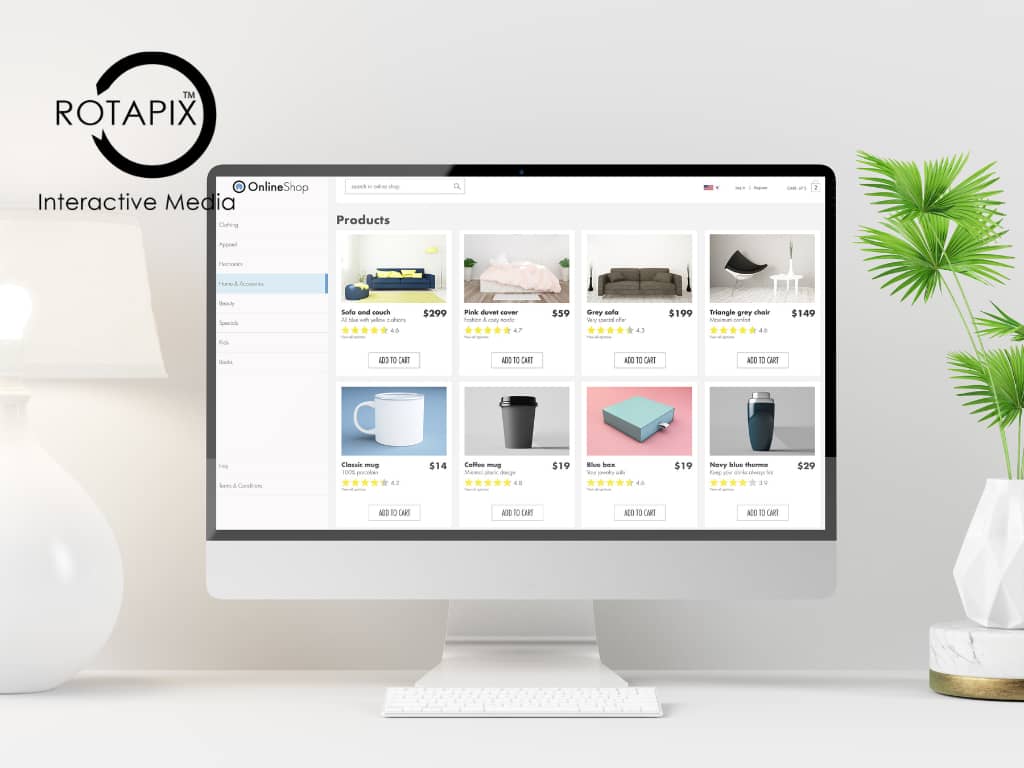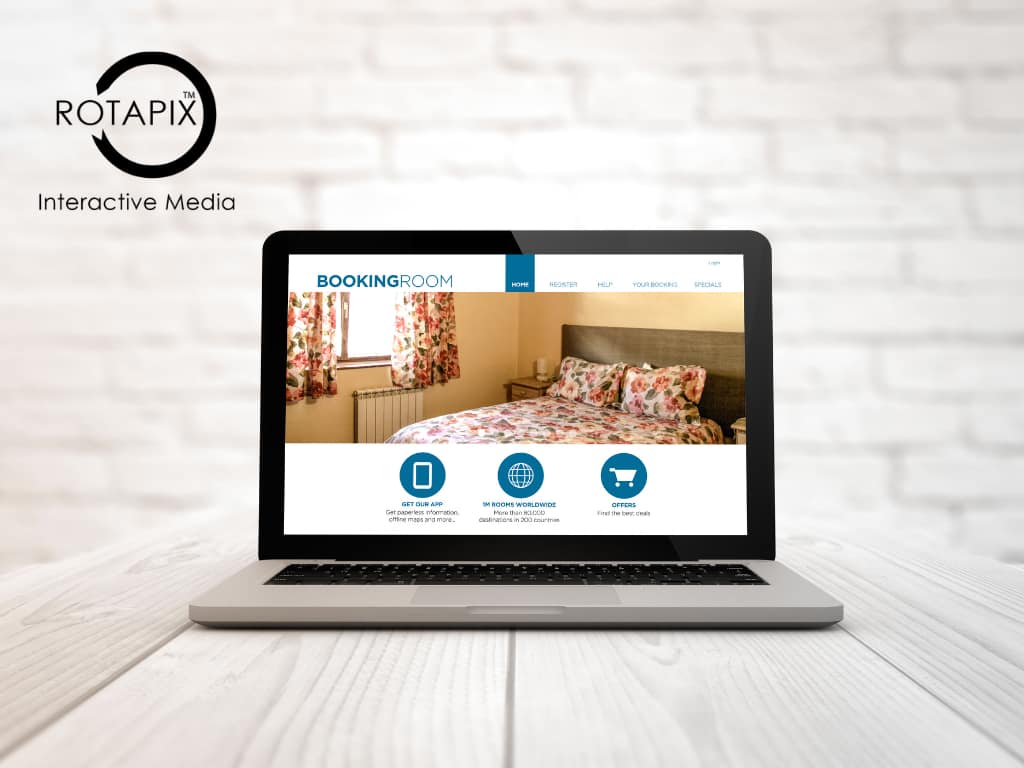A well-designed WordPress website is crucial for businesses in Sydney to establish a strong online presence. It serves as a digital storefront, showcasing your brand, products, and services to potential customers. A professional and visually appealing website builds trust and credibility, encouraging visitors to engage with your content and take desired actions, such as making purchases or contacting your business. In a competitive market like Sydney, a well-designed WordPress web design sydney can differentiate your business from competitors and drive growth.
Overview of WordPress Development in Sydney
WordPress development in Sydney has grown significantly due to its flexibility, ease of use, and powerful features. Many businesses in Sydney choose WordPress as their preferred content management system (CMS) because it allows for extensive customization, scalability, and integration with various tools and plugins. Sydney-based WordPress developers are skilled in creating bespoke websites that meet specific business needs, whether it’s an e-commerce platform, a corporate site, or a personal blog. The local market offers numerous agencies and freelance developers specializing in WordPress, ensuring businesses can find the right expertise for their projects.
Responsive Design and Mobile Compatibility

Why Responsive Design is Crucial
Responsive design ensures that your WordPress website adapts seamlessly to different screen sizes and devices, providing an optimal viewing experience for all users. In today’s digital landscape, a significant portion of web traffic comes from mobile devices. A website that is not mobile-friendly can lead to a poor user experience, high bounce rates, and lost opportunities. Responsive design improves accessibility, increases user engagement, and enhances SEO rankings, as search engines like Google prioritize mobile-friendly websites in their search results.
Ensuring Mobile Compatibility for Better User Experience
To ensure mobile compatibility, it’s essential to use a responsive WordPress theme that automatically adjusts layout and content based on the user’s device. Key considerations for mobile compatibility include:
- Flexible Layouts: Design layouts that adapt fluidly to various screen sizes, ensuring content remains accessible and readable.
- Touch-Friendly Navigation: Implement navigation elements that are easy to use on touchscreens, such as larger buttons and simplified menus.
- Optimized Media: Ensure images and videos are properly scaled and optimized for faster loading on mobile devices.
- Testing Across Devices: Regularly test your website on different devices and screen sizes to identify and resolve any issues affecting the mobile user experience.
SEO-Friendly Structure and Plugins
Building an SEO-Friendly WordPress Website
An SEO-friendly WordPress website is essential for improving visibility and attracting organic traffic from search engines. Key elements of an SEO-friendly structure include:
- Clean Code: Use a well-coded theme and plugins to ensure fast loading times and minimal errors.
- URL Structure: Create descriptive, keyword-rich URLs that are easy for search engines and users to understand.
- Header Tags: Use proper header tags (H1, H2, H3, etc.) to structure your content and highlight important sections.
- Internal Linking: Implement a strong internal linking strategy to guide users and search engines through your site’s content.
Essential SEO Plugins for WordPress Development
Several plugins can enhance the SEO capabilities of your WordPress website. Essential SEO plugins include:
- Yoast SEO: Provides comprehensive SEO analysis and recommendations, including keyword optimization, readability checks, and XML sitemaps.
- All in One SEO Pack: Offers features like meta tag generation, social media integration, and support for Google Analytics.
- Rank Math: A user-friendly plugin that combines powerful SEO tools, including schema markup, keyword tracking, and on-page analysis.
- Google XML Sitemaps: Generates a complete XML sitemap for your site, helping search engines index your content more effectively.
User Experience and Navigation
Designing Intuitive Navigation Menus
Intuitive navigation is vital for enhancing user experience on your WordPress web design sydney. Well-designed menus help users find the information they need quickly and efficiently. Tips for designing intuitive navigation menus include:
- Clear Labels: Use descriptive and concise labels for menu items to make it easy for users to understand where each link will take them.
- Logical Structure: Organize menu items logically, grouping related pages together and prioritizing the most important sections.
- Dropdown Menus: Utilize dropdown menus to keep the main navigation clean while providing access to subpages.
Enhancing User Experience with Clean Layouts
A clean and uncluttered layout improves the overall user experience by making your website easy to navigate and visually appealing. Consider the following when designing your layout:
- Whitespace: Use whitespace effectively to separate content and create a more readable and visually pleasing design.
- Consistent Design Elements: Maintain consistency in fonts, colors, and styles throughout the site to provide a cohesive look and feel.
- Readability: Ensure text is easy to read by using appropriate font sizes, line spacing, and contrast between text and background.
Security Features
Implementing Security Measures in WordPress
Ensuring the security of your WordPress website is crucial to protect it from potential threats such as hacking, malware, and data breaches. Implementing robust security measures helps safeguard sensitive information and maintain the integrity of your site. Key security practices include:
- Regular Updates: Keep your WordPress core, themes, and plugins up to date to patch any vulnerabilities.
- Strong Passwords: Use strong, unique passwords for all user accounts and encourage all users to do the same.
- Two-Factor Authentication (2FA): Implement 2FA to add an extra layer of security to your login process.
- Limit Login Attempts: Restrict the number of login attempts to prevent brute force attacks.
- Secure Hosting: Choose a reputable hosting provider that offers robust security features such as firewalls, malware scanning, and regular backups.
Recommended Security Plugins
There are several WordPress security plugins available that can help enhance the security of your website. Some of the most recommended security plugins include:
- Wordfence Security: Offers comprehensive protection with firewall rules, malware scanning, and login security features.
- iThemes Security: Provides over 30 security measures, including two-factor authentication, brute force protection, and database backups.
- Sucuri Security: A complete security solution that includes malware scanning, firewall protection, and security activity auditing.
- All In One WP Security & Firewall: User-friendly plugin with features such as login lockdown, file integrity monitoring, and security scanning.
Integration with Social Media
Benefits of Social Media Integration
Integrating social media with your WordPress website can significantly enhance your online presence and engagement. Key benefits of social media integration include:
- Increased Traffic: Sharing content on social media platforms can drive more traffic to your website.
- Enhanced Engagement: Social media integration allows visitors to share your content easily, increasing engagement and reach.
- Brand Visibility: Consistent presence on social media helps build brand recognition and trust.
- Improved SEO: Social signals, such as likes and shares, can positively impact your search engine rankings.
Tools and Plugins for Social Media Integration
There are various tools and plugins available to seamlessly integrate social media with your WordPress website. Popular options include:
- Social Media Share Buttons & Social Sharing Icons: A plugin that adds customizable social share buttons to your posts and pages.
- Revive Old Posts: Automatically shares your older posts on social media to keep your content alive and drive traffic.
- Monarch: A versatile social sharing plugin by Elegant Themes that offers multiple display options for share buttons.
- Instagram Feed: Displays your Instagram photos directly on your website, encouraging visitors to follow your social media accounts.
Customization and Scalability
Customization Options in WordPress
One of the biggest advantages of WordPress is its extensive customization options, allowing you to tailor your website to meet specific needs and preferences. Key customization features include:
- Themes: Choose from thousands of free and premium themes to create a unique look and feel for your site.
- Plugins: Extend the functionality of your website with plugins for various features such as contact forms, galleries, and SEO.
- Custom Post Types: Create custom content types beyond the standard posts and pages to organize and display content more effectively.
- Page Builders: Use drag-and-drop page builders like Elementor or WPBakery to design custom layouts without coding knowledge.
Ensuring Scalability for Future Growth
Scalability is essential for a growing website to ensure it can handle increased traffic and content without performance issues. Consider the following to ensure your WordPress site is scalable:
- Optimized Hosting: Choose a hosting provider that offers scalable solutions and can handle traffic spikes.
- Efficient Code: Use well-coded themes and plugins to ensure your site runs smoothly.
- Content Delivery Network (CDN): Implement a CDN to distribute your content globally, reducing load times and server strain.
- Database Optimization: Regularly optimize your database to improve performance and reduce load times.
E-commerce Capabilities
Setting Up an Online Store with WordPress
WordPress, combined with the WooCommerce plugin, offers a powerful platform for setting up an online store. Key steps to set up your e-commerce store include:
- Installing WooCommerce: Install and activate the WooCommerce plugin to add e-commerce functionality to your site.
- Configuring Store Settings: Set up essential store settings such as currency, payment gateways, and shipping options.
- Adding Products: Create product listings with detailed descriptions, images, prices, and variations.
- Customizing Store Design: Choose a WooCommerce-compatible theme and customize the design to match your brand.
Choosing the Right E-commerce Plugins
In addition to WooCommerce, several other plugins can enhance the functionality of your online store. Recommended e-commerce plugins include:
- Subscriptions: Allows you to sell subscription-based products and services.
- Bookings: Enables customers to book appointments or rentals directly on your site.
- Memberships: Create a membership-based site with exclusive content and discounts for members.
- Stripe for WooCommerce: Integrate Stripe as a payment gateway to accept credit card payments securely.











